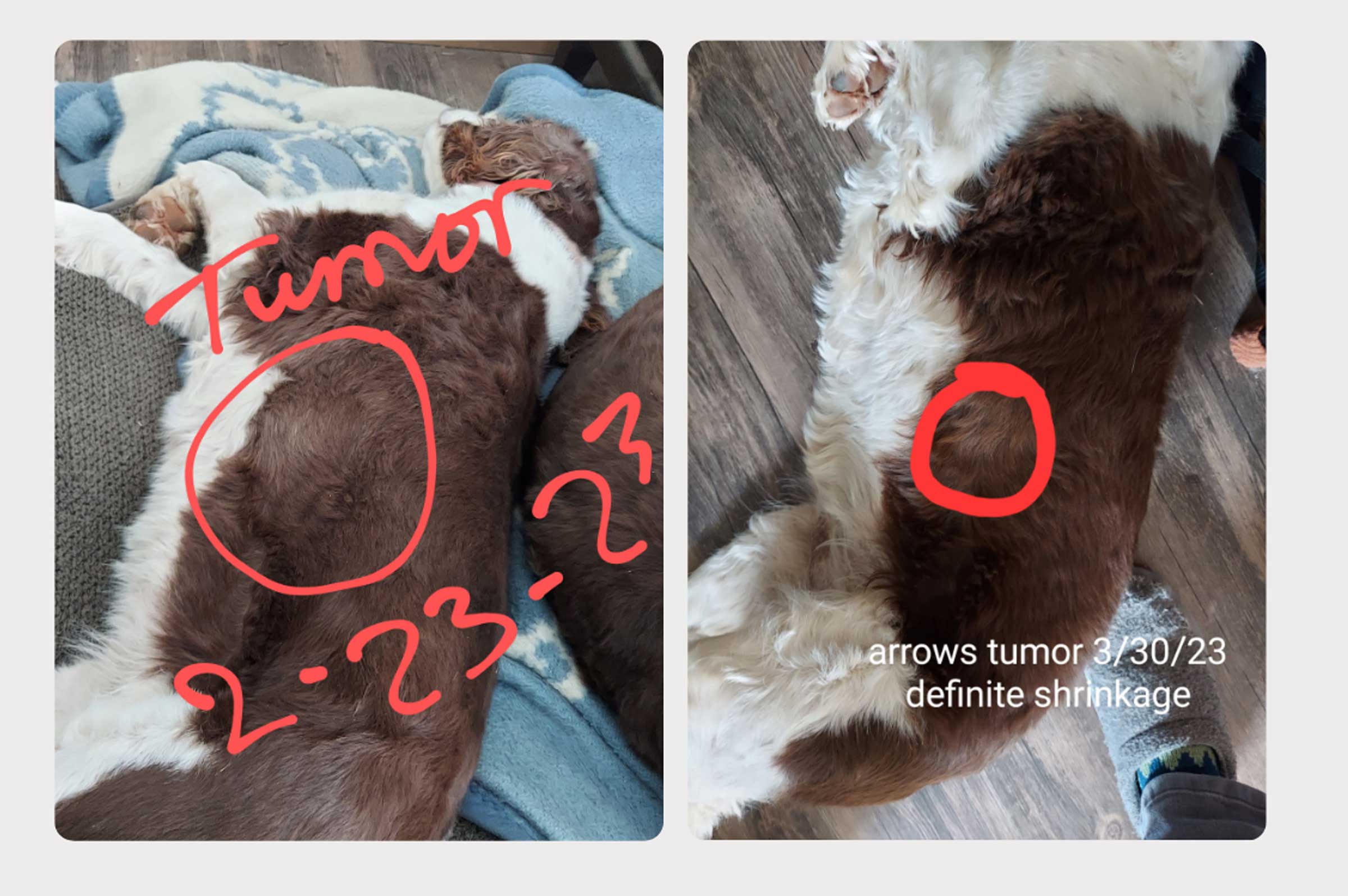If your furry friend has been sporting some unpleasant breath, you might be looking for a natural solution to freshen things up. Cloves, often celebrated for their aromatic and culinary uses, also offer remarkable benefits for canine oral health and beyond. Let's dive into how cloves can help manage bad breath and reduce inflammation in your dog's mouth.
Cloves: Nature’s Breath Freshener
Bad breath in dogs, also known as halitosis, can be a persistent problem. It often stems from plaque and bacteria build-up in your dog’s mouth. The plaque build up eventually leads to gingivitis and gum irritation, and over time, tooth decay and painful and expensive dental disease. Cloves contain eugenol, a compound known for its antiseptic properties. This natural ingredient can help combat the bacteria responsible for bad breath, offering a refreshing alternative to commercial breath fresheners.
By incorporating a small amount of clove into your dog's diet or dental care routine, you can help neutralize odors and keep their breath smelling fresh. It’s a simple, effective way to maintain oral hygiene and ensure your pet is always ready for close-up cuddles.
Anti-Inflammatory Benefits of Cloves
Inflammation can cause discomfort for dogs, particularly in their mouths and gums. Cloves' anti-inflammatory properties can play a significant role in reducing swelling and soothing irritated tissues. This can be particularly beneficial if your dog is prone to gum disease or other inflammatory conditions.
Regular use of cloves can help manage inflammation, promoting overall oral health and comfort. It's a natural approach to maintaining your dog's well-being without the need for harsh chemicals or synthetic additives.
How to Use Cloves Safely
While cloves are beneficial, it's crucial to use them correctly to avoid any potential side effects. A small pinch of ground cloves added to your dog’s food occasionally can suffice. Using cloves in a product like VetSmart Formulas Total Oral Care Spray will prevent you from accidentally overusing cloves. Just be sure to follow the manufacturer’s directions for use.
Using cloves in moderation ensures your dog reaps the benefits without any adverse effects. It’s about finding the right balance to support their health naturally.
Conclusion: A Natural Way to Better Breath and Health
Cloves offer a fantastic natural remedy for bad breath and inflammation in dogs. By harnessing the power of this simple spice, you can help keep your dog's breath fresh and their gums healthy. Remember, moderation is key to ensure the best care for your furry companion. Pick up a bottle of VetSmart Formulas Total Oral Care Spray now to help your dog’s oral health.











